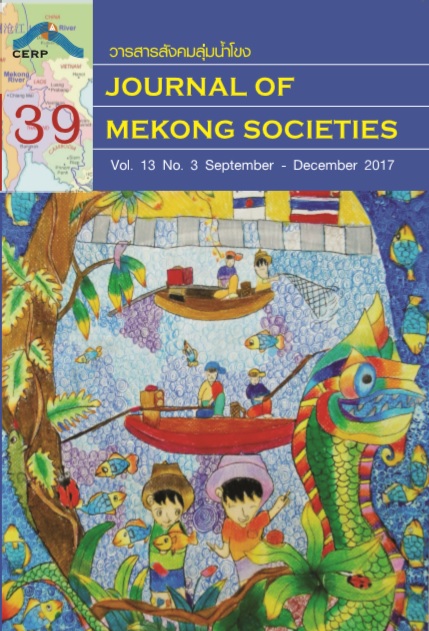Political Language in Thai and English: Findings and Implications for Society
Main Article Content
Abstract
There is a relationship between language and politics; politicians who have power in society can use language to manipulate people through the message they deliver. In recent decades, there has been much research in various contexts concerning the relationship between language and politics in both Thai- and English-speaking societies. These studies highlight the characteristics of the language used by politicians in written and spoken texts, the power of those styles of language and the framework with which to analyze language. However, these studies have not been compared and contrasted with those of different cultures or societies. This article is a brief overview of significant previous and present research that focuses on the dominant language used by politicians in relation to power and culture. The article is divided into the following parts: 1) an introduction regarding the relationship between language and politics; 2) a discussion of the framework used regarding language and political research; 3) political language and the social attributes reflected in language; and 4) discussions and implications of how to apply the research to benefit public and academic areas. This article can be of benefit to society in enhancing understanding among politicians, office holders and ordinary citizens, especially in the present era when people from every level of society are paying more attention to politics at both the national and international levels.

